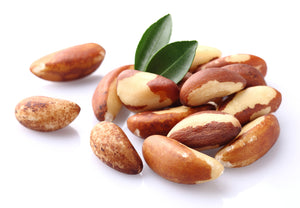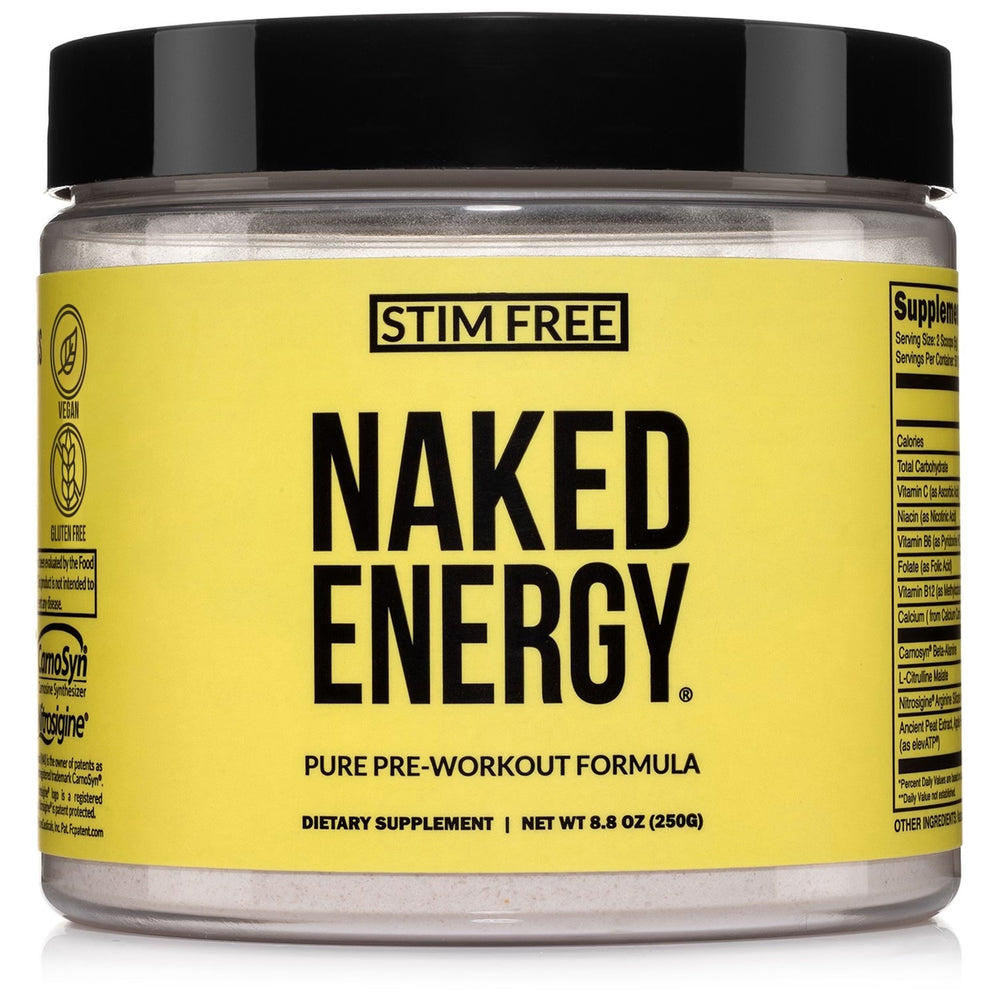
Zinc is a necessary mineral for human health. The body can’t make zinc on its own, which is why it’s important to get adequate zinc from food and supplements.
However, not all supplements are created equal.
This article will explain why zinc is vital for well-being as well as outline the issues with many zinc supplements.
And how to find one that is right for you.
Why Zinc is Vital for Your Wellbeing
Zinc is a mineral that is necessary for human health. In fact, zinc is the second most abundant mineral in the body after iron, and it’s found in every single human cell (1).
It plays a vital role in immunity, metabolism, hormonal balance, and growth and development. It’s essential to help the body make proteins, and it also helps regulate gene expression (1).
Zinc also has antioxidant and anti-inflammatory properties and can protect the body from stress. In fact, a study showed that adults who took 45 mg of zinc daily had overall lower inflammatory markers compared to those who did not supplement with zinc (2).
Perhaps one of the most important functions of zinc is its role in supporting the immune system. Studies show that taking zinc daily can reduce the length of the common cold by over 30% (3).
Another vital benefit of zinc is optimal skin health. The body needs zinc to make collagen which supports the health and elasticity of the skin (4).
Clearly, zinc benefits the body in many ways.
What Happens if I Don't Consume Enough Zinc?

Without adequate zinc, the body will not function optimally.
Zinc deficiency can cause delayed growth, digestive disturbances such as diarrhea, decreased immunity, and poor nail, hair, and skin health (2).
Certain conditions are associated with zinc deficiency, such as Crohn’s disease, celiac disease, and even cirrhosis.
Certain people may be at higher risk for developing a zinc deficiency, including those following a vegan diet or anyone with a history of intestinal surgery.
Zinc is absorbed in the small intestine, so any surgery or disease that would impair the intestinal lining would interfere with the body’s ability to absorb zinc appropriately.
So, zinc deficiency can have significant negative outcomes for your health, which is why it makes sense to either make sure you’re getting enough from your diet, or from supplements.
But there is a problem with many zinc supplements because they aren’t highly bioavailable, which means the zinc isn’t well absorbed by your body and you don’t enjoy all the benefits.
Why You Should Care About Bioavailability of Zinc
Bioavailability refers to the extent to which the body is able to digest, absorb, and utilize a nutrient.
When talking about any supplement to improve health, the conversation on bioavailability is quite important.
After all, what’s the point of working to ensure you’re getting enough zinc if you’re not focusing on the form that is going to be best absorbed and utilized by the body?
Choosing a supplement that is highly bioavailable will increase the likelihood that your body will be able to take in the nutrients to optimize your health.
The next sections of this article will explain how well zinc is absorbed by the body and how to ensure you are getting zinc in the most bioavailable form.
Is Zinc Well Absorbed by the Human Body?

Zinc is found in a wide variety of plant and animal sources. The extent that which zinc is absorbed by the body – or its bioavailability – depends on both the source of where the zinc comes from, as well as the form of zinc.
That’s right – not all zinc is created equal.
Some of the best food sources of zinc include beef, lamb, oysters, shrimp, chicken, and turkey. Zinc is also found in plant foods such as legumes, grains, and vegetables like mushrooms, kale, and asparagus.
The body can easily absorb zinc from animal products like meat and shellfish. On the other hand, plant sources of zinc are much more difficult for the body to absorb, largely due to the presence of plant compounds that inhibit absorption.
What’s more, many processed foods like breakfast cereals and granola bars are fortified with a synthetic form of zinc that the body is actually able to absorb pretty well.
Are Zinc Supplements Bioavailable?
As mentioned previously, not all zinc supplements are created equal, meaning not all zinc supplements are highly bioavailable. Many generic brands of zinc may be poorly absorbed, even if the bottle states that it contains an adequate dose.
Choosing zinc in more absorbable forms is important to ensure your supplements are worthwhile. Some of the better forms of zinc are zinc citrate or zinc gluconate. It’s best to avoid any supplement containing zinc oxide, as this form is not absorbed well at all.
How Can Zinc Supplements Increase Bioavailability?

Zinc supplements can have higher bioavailability if the zinc goes through a process known as chelation.
Chelation is a process that binds the mineral – in this case, zinc – to another compound that enhances absorption (5).
Therefore, choosing chelated zinc is the best way to give your body the most bioavailable form of the mineral.
It’s challenging for the body to efficiently absorb zinc on its own because it tends to interact with other substances that impact absorption. However, chelated zinc is highly absorbable.
The Naked Nutrition Difference
Naked Nutrition goes above and beyond to ensure that the zinc delivered to consumers is the most bioavailable form.
We only source zinc from Albion Labs, which uses a technology called TRAACS to increase the absorption and bioavailability of nutrients.
The technology enables a process called chelation, which creates a tiny compound that enhances the efficiency at which minerals –like zinc – are absorbed (5).
The technology at Albion is so cutting edge that it’s, in fact, the leading manufacturer of nutritional supplements, thanks to its ability to produce some of the highest quality mineral products available for consumers.
Not only does TRAACS technology lead to a mineral that is highly bioavailable, but it’s also easy to digest and does not cause any digestive side effects, unlike many other supplements you can find on the market.
Naked Nutrition strives to provide people with the best product possible, which means maximum absorption and the fewest possible side effects.
The zinc that Naked Nutrition provides is both chelated and is in the form of zinc glycinate. Zinc glycinate is a compound of zinc and glycine. Glycine is an amino acid, and when it’s added to zinc, it improves the absorption across the intestinal wall, where zinc is absorbed.
In fact, out of all the amino acids that can be bound to zinc, glycine helps to enhance absorption the most.
Which Zinc Supplement is Right for Me - Immunity or Multivitamin?

Now that it’s clear that zinc in chelated form is best absorbed, you might be wondering which zinc supplement is right for you.
Luckily, you have some options for great quality supplements with adequate, and highly absorbable zinc.
A great supplement option to ensure you’re getting adequate zinc is our men’s and women’s multivitamins.
This supplement is your go-to daily multivitamin to ensure you provide your body with adequate nutrients.
Key Takeaways
Zinc is an essential mineral that your body does not make on its own. It aids growth, DNA synthesis, immune function, and more. Without adequate zinc, growth can be delayed, the immune system will work less efficiently, and digestion may be impaired.
While zinc is found in a wide variety of foods and supplements, many forms of zinc are not highly absorbable. When it comes to supplements, zinc is best absorbed if it goes through a process called chelation.






